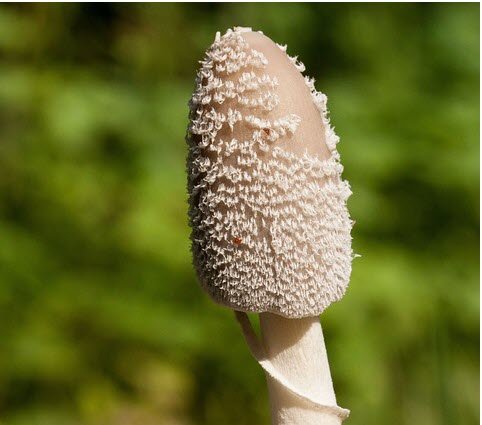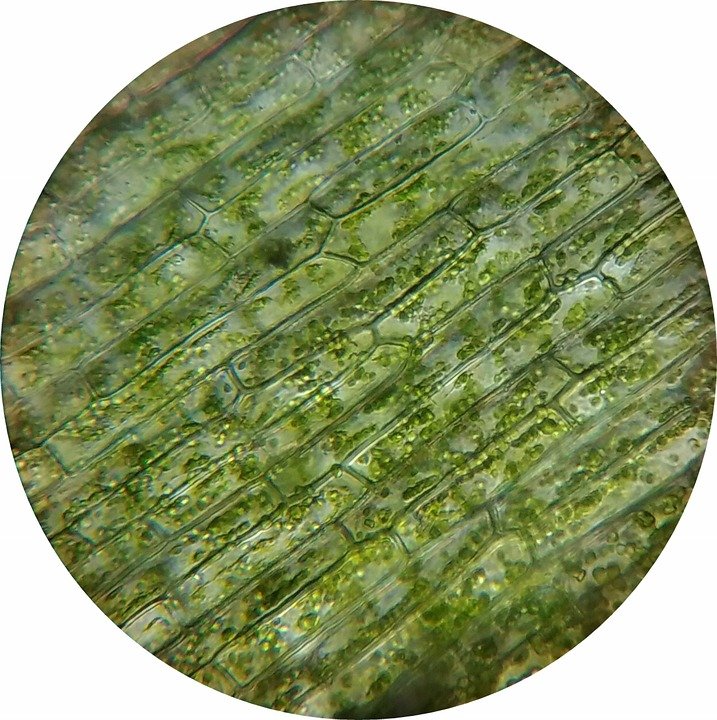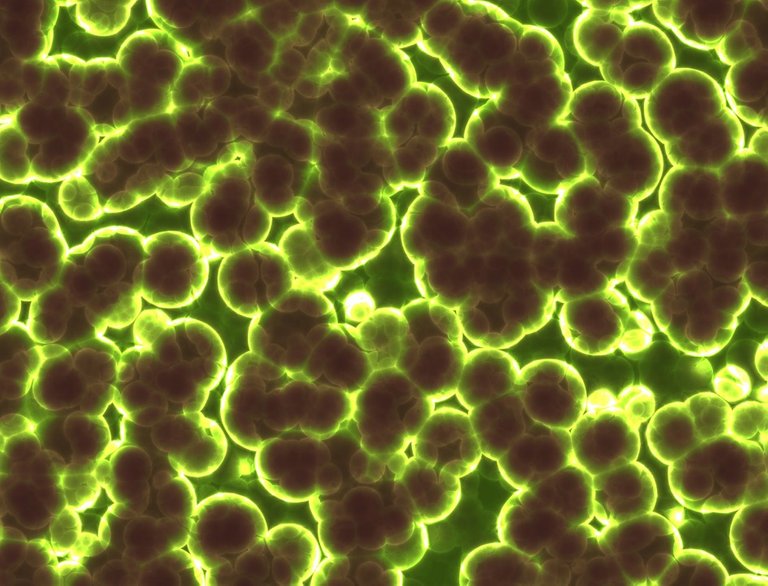Plants love this secret concoction. Compost tea is a wonderful fertilizer to utilize, for any part-time plant enthusiast or professional gardener. Instead of adding liquid fertilizer nutrients for the soil bacteria and fungi to eat, compost tea takes it one step further by creating a biomass of microorganisms in the fertilizer itself. This allows for more immediate absorption of nutrients since the addition of already broken down carbohydrates, minerals, and enzymes is like putting rocket fuel into the fire.
Compost tea is a natural alternative to synthetic, chemical, salt laces fertilizers that are readily promoted and available on the market. The most important ingredient for compost tea is compost; more specifically the microorganisms and fungi that live in compost. The best compost is one made at home, but there are a multitude of options to buy, and they all will work more or less the same; though the more expensive, the higher the quality compost with more ingredients is preferred.
The second ingredient to compost tea is oxygen. The process of creating the ideal conditions for beneficial soil microbial life requires an aerobic environment, one that is high in oxygen. Using an air pump is a vital component for making compost tea. While brewing, if the tea is not constantly supplied with oxygen bubbles, anaerobic bacteria will proliferate; which will cause a foul smell, as well as remove most of the benefits for living plant life.
A third ingredient is required for compost tea, and that is some sort of food for the microorganisms to eat while the tea is brewing. The best and probably most used nutrition for the tea is unsulfured black strap molasses, sweet and delicious. The best food sources provide not only ample amounts of carbohydrates but also many proteins, minerals, and micronutrients that microorganisms crave. Other forms of sustenance include seaweed or kelp meal and extract, fish emulsion, humic acid, fulvic acid, bat guano, oat meal, alfalfa meal, worm castings, rock powders and other organics. The best compost teas offer a variety of ingredients to support the most diverse range of bacteria and fungi.
It is interesting to note, that the microorganisms in compost and soil do not necessarily eat the organic materials by themselves. The bacteria produce enzymes that speed up chemical reactions feeding on easy to digest carbohydrates and simple sugars and thereby releasing nutrition; cycling nitrogen, phosphorus, other minerals that sustain plant life. Fungi also play an important role in this ecosystem, gaining sustenance on more complex carbon compounds, as well as the simple sugars offered by its host plant; producing fungus enzymes that provide defenses against disease and parasites, being connected to the roots, creating a mutually beneficial relationship.
With all the ingredients added, freshness is the key to properly made compost tea. It is important to utilize the tea before all the nutrition and oxygen is depleted. Microorganisms only live for a short amount of time, and as the tea brews, the food that was originally added will be eaten. For a homemade batch, the timeframe is around 24-48 hours for peak microorganism activity. The best indicator that the tea is still fresh and ready to use is aroma. If the tea smells sweet, or earthy, then it is still a good batch. Once the tea starts to give off unpleasant fumes, it is already past its prime and needs to be recycled; since lack of oxygen or nutrition creates unwanted microbial life that is undesirable.
It is interesting to note that different ingredient compositions for food sources will create varied microbial life. For instance, utilizing grains such as oat flour will result in a tea that is strong in fungal life activity, while using high sugar content sustenance such as molasses will result in more bacterial life. Different plants prefer different types of symbiotic microorganisms in their soil. It is important to understand that the role of native microbial life as well these native microbes are ultimately preferred over imported additions. Harnessing rich local soil microorganisms will provide marked improvement compared to nonnative life and health soil.
With a few simple ingredients, a small batch of compost tea can be brewed in a gallon sized container with minimum investment. A fish tank air pump bubbling fresh air at the bottom of the container will work just fine to keep oxygen levels high enough; while brewing in a larger system requires a stronger air pump to supply more oxygen. Add in some compost, a little native soil, and organics to feed the tea, and in a day or two the batch will be ready.
With this knowledge on how to make a powerful combination of microorganisms, bacteria, and fungi, that a garden and all of its inhabitants can benefit from, some delicious compost tea. It is easy to do, supporting and nurturing an unseen world in the soil underneath foot, drinking up every last drop of that liquid gold. Creating compost tea is another great option for making fertilizers at home that are better and more cost effective than what is offered at a retail store. Using all natural and organic means to get plants happy is always the best way. Happy brewing!



Peace, Abundance, and Liberty Network (PALnet) Discord Channel. It's a completely public and open space to all members of the Steemit community who voluntarily choose to be there.Congratulations! This post has been upvoted from the communal account, @minnowsupport, by permaculturedude from the Minnow Support Project. It's a witness project run by aggroed, ausbitbank, teamsteem, someguy123, neoxian, followbtcnews, and netuoso. The goal is to help Steemit grow by supporting Minnows. Please find us at the
If you would like to delegate to the Minnow Support Project you can do so by clicking on the following links: 50SP, 100SP, 250SP, 500SP, 1000SP, 5000SP.
Be sure to leave at least 50SP undelegated on your account.
This post has received a 3.13 % upvote from @drotto thanks to: @sbi-booster.
Congratulations @permaculturedude! You have completed the following achievement on the Steem blockchain and have been rewarded with new badge(s) :
Click here to view your Board of Honor
If you no longer want to receive notifications, reply to this comment with the word
STOPTo support your work, I also upvoted your post!
Getting a truckload of leaf compost on Wednesday assuming I can get there :P
That is nice. There are a lot of local places that give away free compost or mulch. Free is very affordable.
There is definitely an art (and a science) to good composting. I could never get it quite right... I think too much green matter, not enough brown matter, and certainly not enough oxygen. Found it easier to go with worms, although they are slower than a decent compost system.
Yes, it is difficult to get enough browns. I found that horse bedding pellets are nice addition since they are just pine shavings. The pellets really soak up a lot of moisture too. It is a rather affordable option if free browns are not available. I am luck in that I have a lot of oak trees in my back yard, so I get a ton of leaves. Having just started my first worm bucket, I am excited to see the worms multiply. Do you sift your castings to separate out the pure good stuff?
You got a 8.94% upvote from @ocdb courtesy of @permaculturedude!
Discord channel for more information.@ocdb is a non-profit bidbot for whitelisted Steemians, current max bid is 20 SBD and the respective amount in Steem. Check our website https://thegoodwhales.io/ for the whitelist, queue and delegation info. Join our
ocd-witness through SteemConnect or on the Steemit Witnesses page. :)If you like what @ocd does, consider voting for